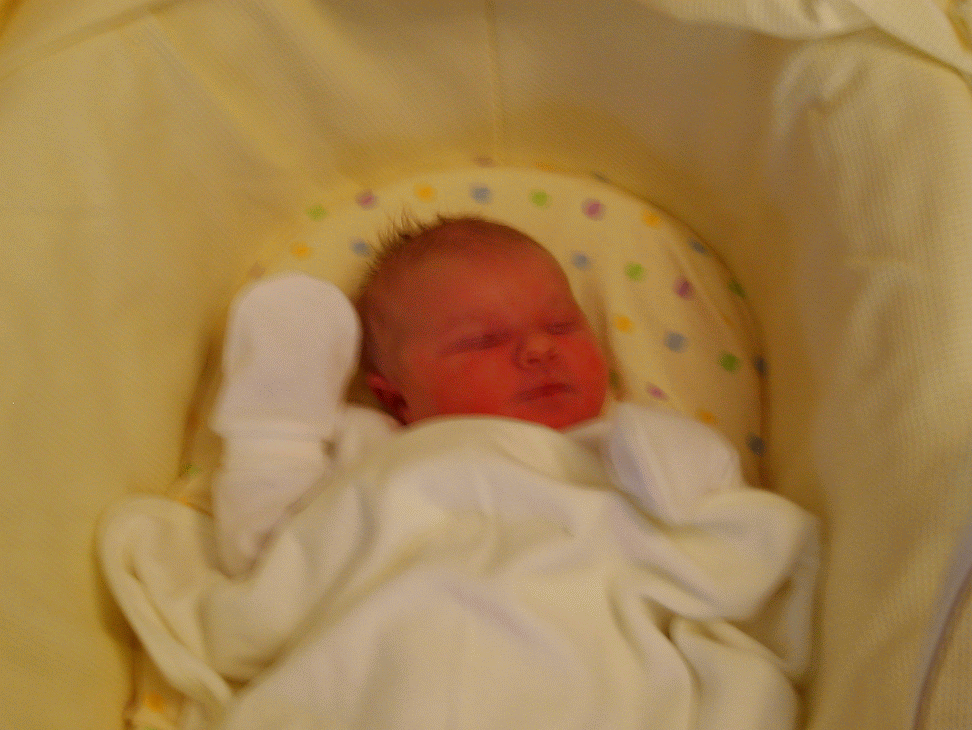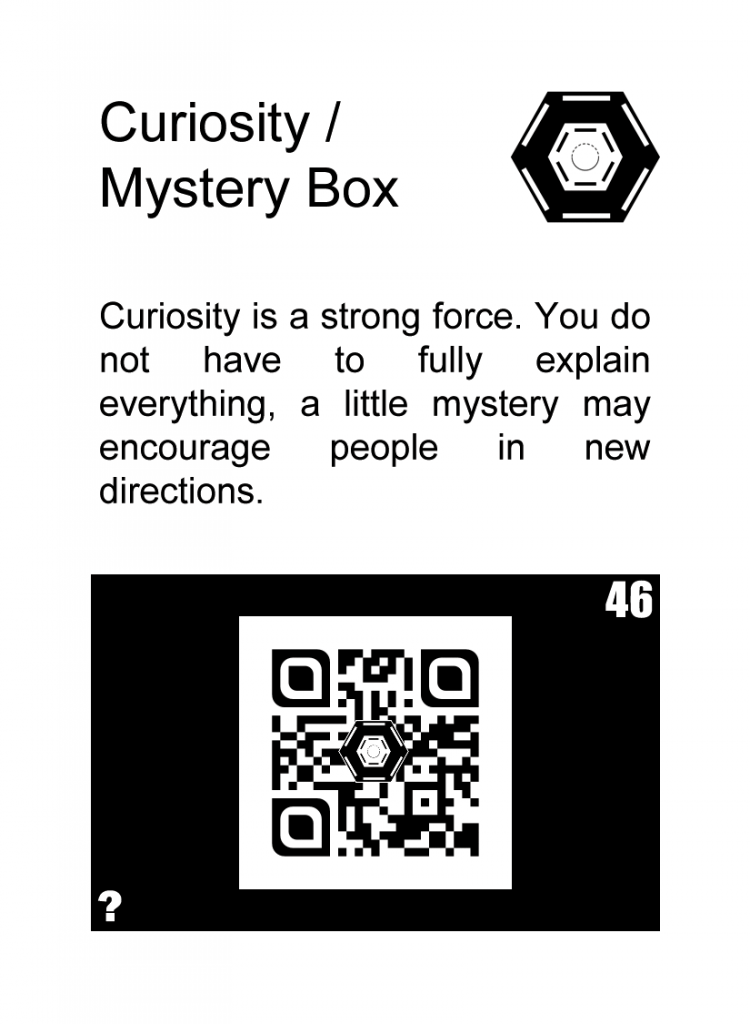Most people seem to like surprises and mystery. It also seems that curiosity has the power to drive us to do strange and counter-intuitive things. We like to know what is in the mystery box, what is behind door number 3, what happens after the season finale, what the red “do not press” button actually does, if we can climb to the top of the rickety looking rope.
Curiosity can also be seen around problem solving. Whilst at times we need to solve the problem, there is no need for us to do puzzles like crosswords or to learn languages that we do not really need. These kinds of drives seem to fall in or around curiosity. Think of children and how they learn. I remember being told and told and told that the berries in the garden were poisonous, but curiosity got the better of me – I had to find out if they really were. The resulting vomiting supplied me with the answer to my curiosity. I could not deal with this idea that I just didn’t know for myself. Curiosity lead me to learn about Gamification and learn how to programme.
It is something games make use of all the time. They keep the player wondering what happens next, ramp up the suspense to make the player keep going “just a moment longer” to see the next surprise or resolution of a mystery. Some players find that curiosity will drive them to test the boundaries of the environment, looking in every cupboard, finding every secret. They use surprise to keep that feeling of uncertainty – because it may lead to another surprise.
My curiosity was peaked as I realised that I had no idea why this may be the case – I like to understand these things!
There is some research on curiosity and how we deal with it, but it seems that there is no definite answer. I am not a psychologist, so won’t insult you by trying to pretend that I understand everything that I have read. However, some think that it is purely an internal (intrinsic) drive (drive theory). This theorises that curiosity is a drive similar to thirst. When your curiosity is peaked – you have to satisfy it in some way. This explains (to an extent) why we seek out puzzles and mystery. We don’t need to, but we do it anyway.
Another strand of theory is called incongruity theory. This states that curiosity is triggered by external events that don’t fit in to our “normal” view of the world. You see a box in the middle of nowhere with a sign saying “open me”. As well as the drive to satisfy your curiosity about what is in the box, you will probably also be curious about why on earth it is there.
It may be because we need to make sure that we are safe. How do we know if something will harm us if we don’t investigate? It could be the sense of achievement when curiosity is satisfied – when the mystery is solved.
There are many more theories out there, it is quite interesting if you are curious about such things!
In gamification we can make use of curiosity, mystery and surprise. Let people explore (this is especially important if you are looking to encourage Free Spirit behaviour), don’t feel you have to explain everything. Nudge people towards things, but don’t over explain them. Peak their curiosity and let them discover it for themselves. They will get a sense of achievement from solving the mystery themselves. Reinforce this with surprises for solving and finding interesting things.
Similar Posts:
- Using Boredom and Curiosity to your Advantage
- Gamification: you got to play to win
- Surprise and Delight with Google Photos




Nice article Andrzej and an interesting topic. I see the application this most day with my kids. They LOVE puzzles (the piece together kind) and I have seen many different cycles of learning and interest over the last coupe of years. They always keep coming back for more and approach in new ways.
What is really interesting to me is whether this curiosity is ingrained due to millions of years of evolution and exploring the world, or whether its due to a few generations of focused attention (building specific puzzles and games for kids). 🙂
btw the QR code scans with a URL fine but I get a 404 error!
Darn. What URL does it resolve to?
Andrzej Marczewski
Sent from my mobile device
http://marczewski.me.uk/inspiration%20cards/curiosity/
Ok. Will fix that later!!
Andrzej Marczewski
Sent from my mobile device
Could you check again for me?
Andrzej Marczewski
Sent from my mobile device
Yep, works perfect now 😀
40 pts is a bit low for beta testing 😛